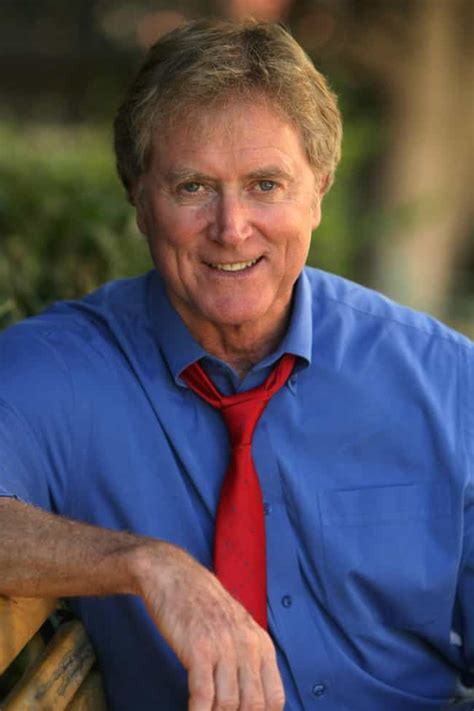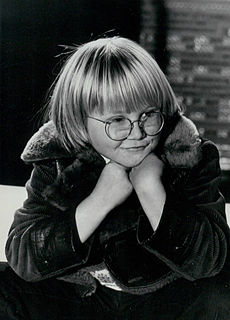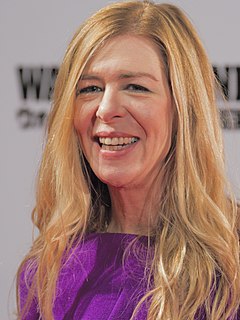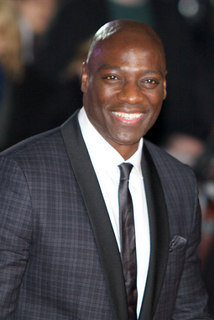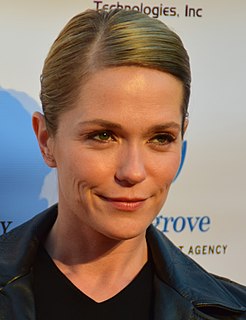A Quote by Todd Farmer
In a way it was a modern story but it played to all those 1980 slasher movies. We did the same thing with this. Patrick wanted to do a 1970's road movie and if you'll see, this is a modern story but it's got so much 1970's in your face feel to it. So that was the point, to take that stuff that we loved growing up and sort of do it for today. I think we accomplished it. We'll see.
Related Quotes
We write for actors and even down to the smallest character in the film, they all have their moment. You take that and you put it in a story that's in your face and there's tons of hardcore R action, nudity and you name it, but at the same time there really is a story there. It's got heart and at the end of the movie people will feel it. So I hope they'll their friends and want to see more.
I think that television lately has been extremely dark and, in some ways, cynical but I also think that people who are writing those shows probably feel exactly as I do - that sometimes the darkness of a story can highlight the light in a story. There's a lot of cynical stuff but I think it may be even more in movies now where you see so many movies about cynical and corrupted characters. That's the state of many movies right now but movies, television, all of culture, there's always going to be a battle between the stories that are cynical and stories that are hopeful.
When I was a kid I was a big fan of the Universal Monsters movies of the 1930's and the 1940's. I loved movies like The Wolfman (1941) and Dracula (1931). I really wanted to be in those movies. Eventually I started nagging my parents about it, and it turned from, "I wanna be in a monster movie! I wanna be in a monster movie!" to "I just wanna be in a movie." So I think my parents just thought that if they took me to one audition I'd see how boring it was and I wouldn't wanna do it. But I ended up getting the part, and I got a bunch of roles after that as well.
What I like about the Carpenter take on The Thing is the fact that it just has so much suspense. It seemed like a different story, with the horror elements. Those films that really speak to the primal fear that we, as human beings, have about the unknown have always intrigued me. That's the really scary thing, not the slasher, macabre movies.
I was very blessed it was Steven Spielberg who made the movie. He was very much into the redemption side of the story. They asked him in an interview why he had owned the rights to this story for 20 years before he made the movie, and he said, 'I wanted to see what the real Frank Abagnale did with his life before I immortalised him on film.'




